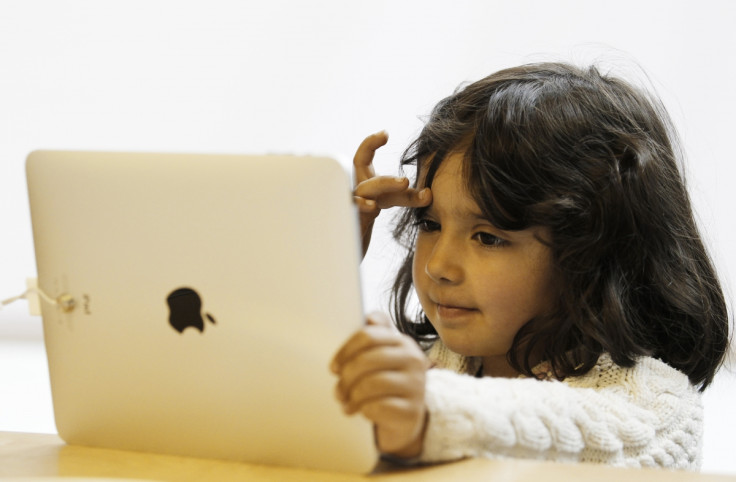Smartphones and tablets deprive children of more sleep than television

Children with access to smartphones and televisions in their bedrooms are likely to sleep less and feel more tired than those free from technology.
Research conducted by the University of California found that small screens like smartphones and tablets were worse than televisions for keeping children awake at night, with so-called small screen gadgets robbing them of 21 minutes' sleep each night, compared to 18 minutes for children with a television in their room.
The findings were published this week in the 5 January edition of the Pediatrics journal, reports AFP, and serve to caution parents against giving their children unrestricted access to gadgets in their bedrooms.
Children not only got less sleep, they were also found to complain of feeling more sleep deprived than those with bedrooms free from technology.
The study questioned 2,048 fourth- and seventh-graders enrolled in the Massachusetts Childhood Obesity Research Demonstration Study.
It was found last year that a quarter of British children own a tablet before their eighth birthday, and that by the year 2020, 90% of children aged six and over will own a tablet, such as an iPad.
"Presence of a small screen, but not a TV, in the sleep environment, and screen time were associated with perceived insufficient rest or sleep," the study, led by Jennifer Falbe of the University of California and Berkeley School of Public Health, concluded. "These findings caution against unrestricted screen access in children's bedrooms."
The results come soon after a November study at the University of Texas found adults who used an ereader like the Amazon Kindle before bed found it more difficult to fall asleep than those who read a paper book. It found that light emitted by the e-reader screen disrupted the natural circadian clock by suppressing levels of melatonin, the hormone that controls our day-night cycle.
© Copyright IBTimes 2025. All rights reserved.






















